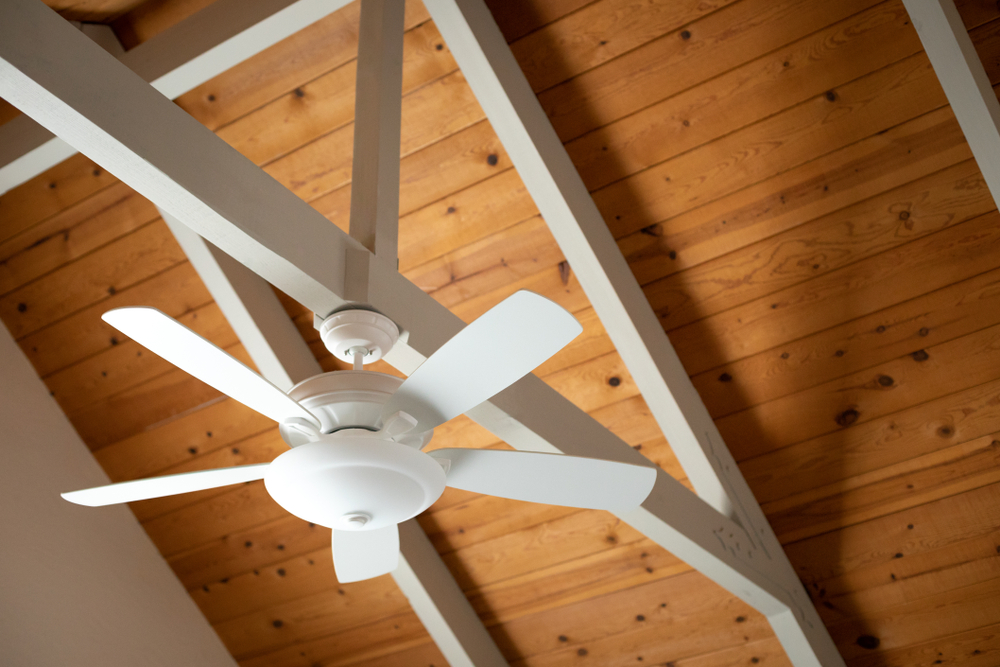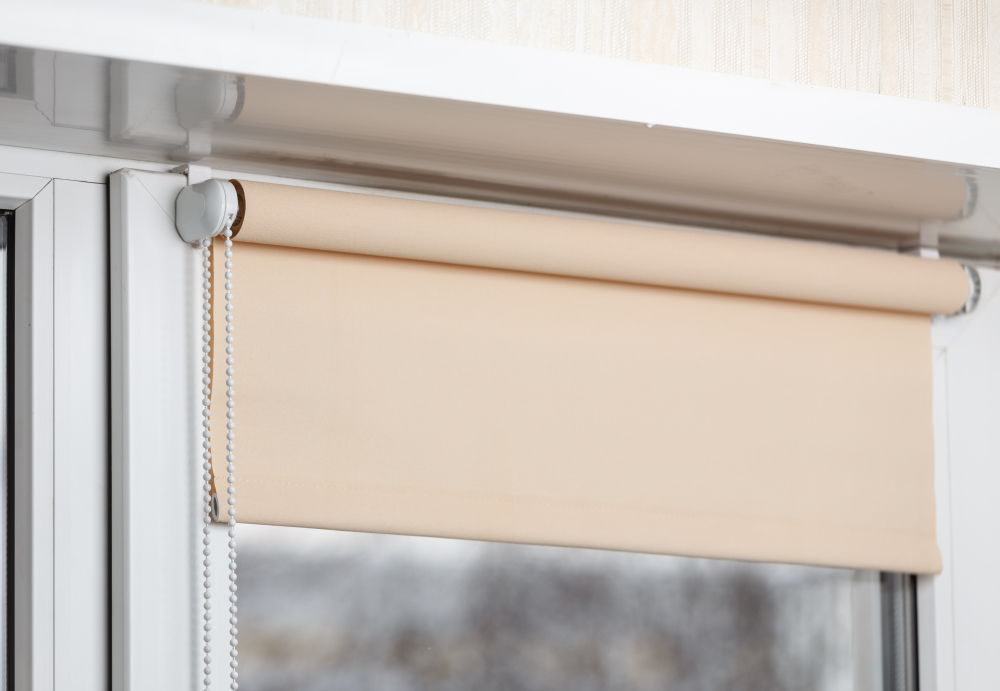What Should Your Air Be On In the Summer?
If you live in a part of the country when the temperatures rise to the 90s and beyond, those monthly utility bills might seem astronomical as you struggle to keep the indoors cool. The lower the temperature is set during the hot months, though, the higher that bill may climb.
To maximize energy efficiency and save money each month, your thermostat should be set much higher than you might prefer. What should your air be on in the summer when those outdoor temperatures climb beyond comfortable warmth?
According to the Department of Energy, during the hot summer months, your air conditioning should be set at 78 degrees (Fahrenheit) while you’re hanging out at home…and higher when you’re gone. By abiding by this recommendation, the Department of Energy states that the savings could be about 10 percent each year (if you also abide by recommendations for winter temps, too).
Program the HVAC
If your HVAC allows you to set (and program) different temperatures for when you’re at home and when you’re not, utilize this option! By using a programmable thermostat, you take the guesswork out of the temperature and don’t have to worry about adjusting the thermostat when you leave.

Turn the Fans on When It’s Hot
For some, an inside temperature of 78 degrees might seem too hot. Try to keep your hands off the HVAC, though. To help your home stay cooler, use fans, and make sure the blinds (or curtains) are shut. The rays of the afternoon sunlight can warm up your home, too.
If your rooms feature ceiling fans, use them to circulate the cool air throughout each room. Other fans also can be used if you’re just simply too hot.
Check Your Insulation
Homeowners also may want to check the insulation if rooms seem overheated. Some rooms—even when the HVAC is on—might feel overly warm because of poor wall insulation or maybe even an issue with windows. Call a pro to see what might be causing those rooms to overheat.
Head to the Basement
Cool air falls…and in many homes, the basement is going to be the coolest part of the home. If you have a finished basement, use it for rec purposes during the summer. Your television or other entertainment devices might be set-up down there already.

Blackout the Rooms
What’s even better than simply shutting your curtains? Using blackout curtains or blinds! These window coverings keep the sun from penetrating the room, and that darkness could mean cooler temperatures. You may sleep better, too!
Change Your Bedding
A heavy comforter is going to make you miserable during the hot summer months! You may have different bedding for winter and summer to help your body maintain a nice and cozy temperature while you sleep. During summer avoid heavy, insulating fabrics like thick thermal weaves or polyester that doesn’t breathe, and skip the down or down alternative comforters. Vogue recommends cotton or linen sheets during summer.
Avoid Using Appliances that Heat Up the Home
On hot summer days, avoid using appliances that could add extra heat to the house—like the oven. Instead, plan for easier meals that don’t contribute to warmer temps. Or wait to cook until evening hours when the outside temps aren’t so hot.
Understand that Summer Weather May Change
While a thermostat set for 78 degrees may feel warm on really hot days, setting your HVAC to this temperature also could mean that the HVAC doesn’t turn on during days when the mercury fails to rise. Summer temperatures in many parts of the U.S. can be incredibly variant; there could be days (or weeks) when the temperatures outside stay in the low or mid 70s. When your HVAC is set higher, you may save even more energy (and money) on the days when the internal temperature remains low enough to not need the HVAC.
Conduct a Home Energy Audit
To find out if appliances or devices are contributing to energy drains (and extra heat) or if you want to find other sources of energy leaks, conduct a home energy audit. You can hire a pro to do this, or you can do one solo. Visit each room in your home and check outlets for devices/appliances that are plugged in (but not in use), check around windows for leaks or insulation issues, and look at pipes for water drips/leaks. Homeowners also can download Benefyd to conduct a virtual home energy audit. Just take a photo of each room, and the app will help find any energy waste and make recommendations on how to resolve the issues. Homeowners also can find rebates via the app.
While the most energy efficient temperature during summer is 78 degrees, homeowners can find ways to keep the house feeling cooler than that balmy temperature. Change sheets to cooler options, check the home’s insulation, use fans and close those curtains! When the outdoor heat really soars, take the family fun to the basement for a cool escape from the summer heat.


